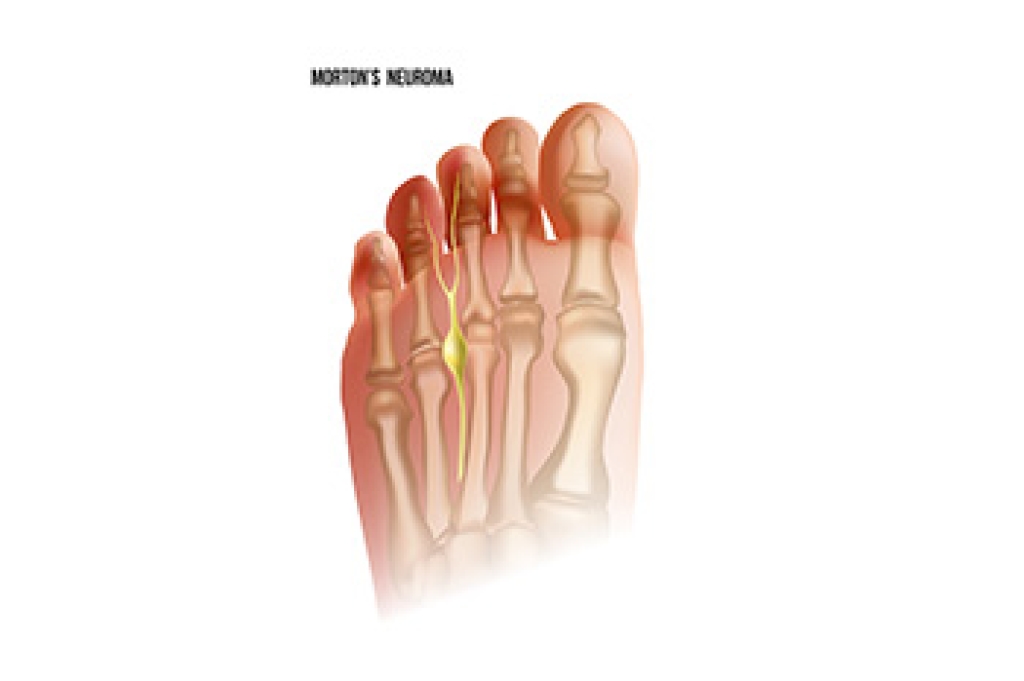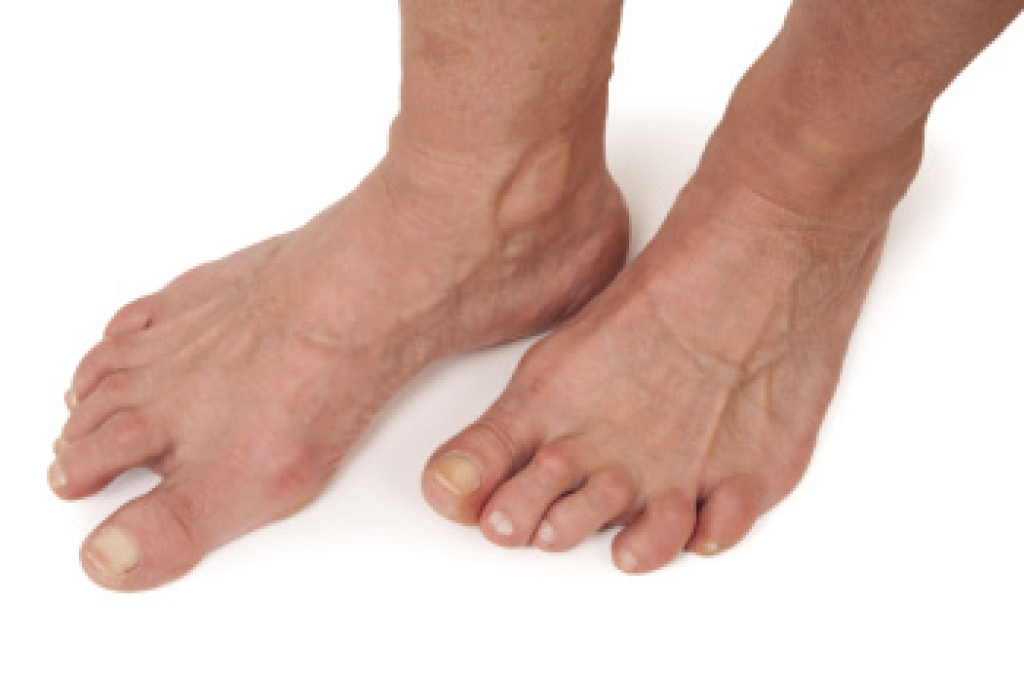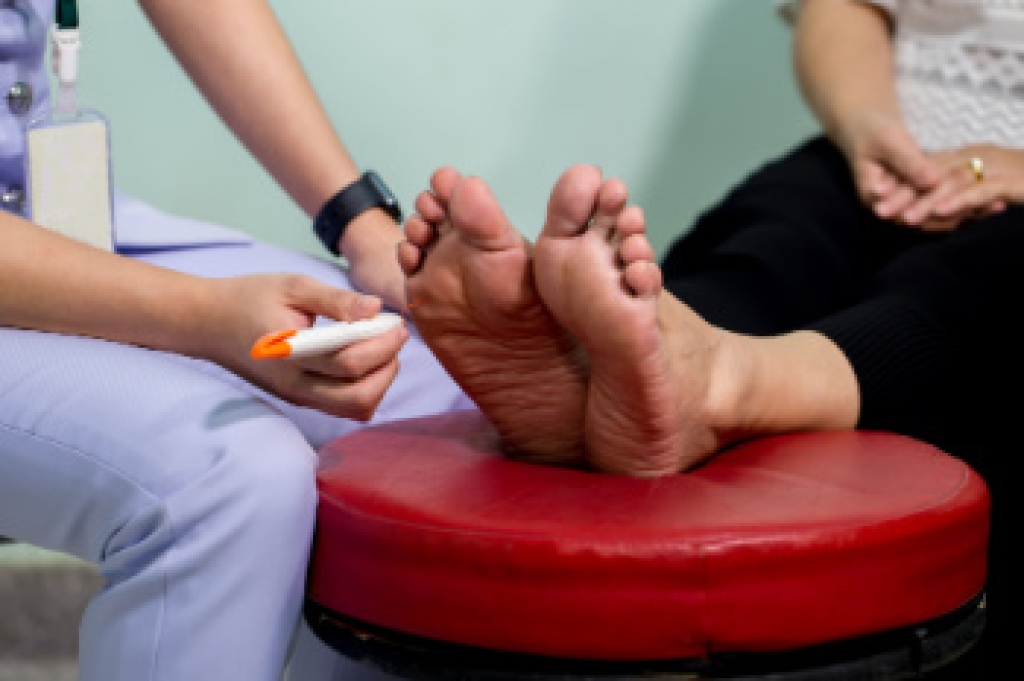
Restaurant workers spend long hours on their feet, which makes proper footwear essential for comfort, safety, and long-term health. Wearing the right shoes with supportive soles helps reduce fatigue, prevent injuries, and improve posture. Insoles can provide added cushioning and arch support, while moisture-wicking socks help prevent blisters and fungal infections. Maintaining foot cleanliness is important to avoid odor and skin problems. A podiatrist can assess foot structure, recommend custom orthotics, and treat issues like heel pain or calluses that often affect service industry professionals. If you work in a busy kitchen or dining environment and experience foot discomfort, it is suggested that you schedule a visit with a podiatrist who can treat various foot conditions and guide you on what shoes to wear for your industry.
While working on the feet, it is important to take the proper care of them. For more information about working on your feet, contact Franklin Harry, DPM from Best Foot Forward. Our doctor will treat your foot and ankle needs.
Working on Your Feet
Standing on your feet for long periods of time can cause stress and pain in your feet. Your whole body may experience change in terms of posture, back pain, bunions, callouses and or plantar warts. There are ways to avoid these conditions with proper foot care, smart choices and correct posture.
Positive Changes
Negative heeled shoe – Choosing this shoe type places the heel slightly lower than the ball of the foot. These are great for overall foot health. Find shoes that fit you correctly.
Go barefoot – Our feet were not designed to be enclosed for all hours of the day. Try to periodically expose your feet to air.
Eliminate Pain
Foot Exercises – Performing simple exercises, incorporating yoga and doing stretches are beneficial. This will allow increased blood flow to the area and muscles of the foot.
Achilles tendon – Stretching the foot out flat on the floor will relax the calf muscles and tendon. These exercises can be performed almost anywhere. Make sure you add these exercises to your daily regimen.
With a little bit of this information and knowing more about foot health, you will notice changes. Foot stretches and proper footwear will help with pain and prevent further issues.
If you have any questions please contact our offices located in Festus and St. Louis, MO . We offer the newest diagnostic and treatment technologies for all your foot and ankle needs.




